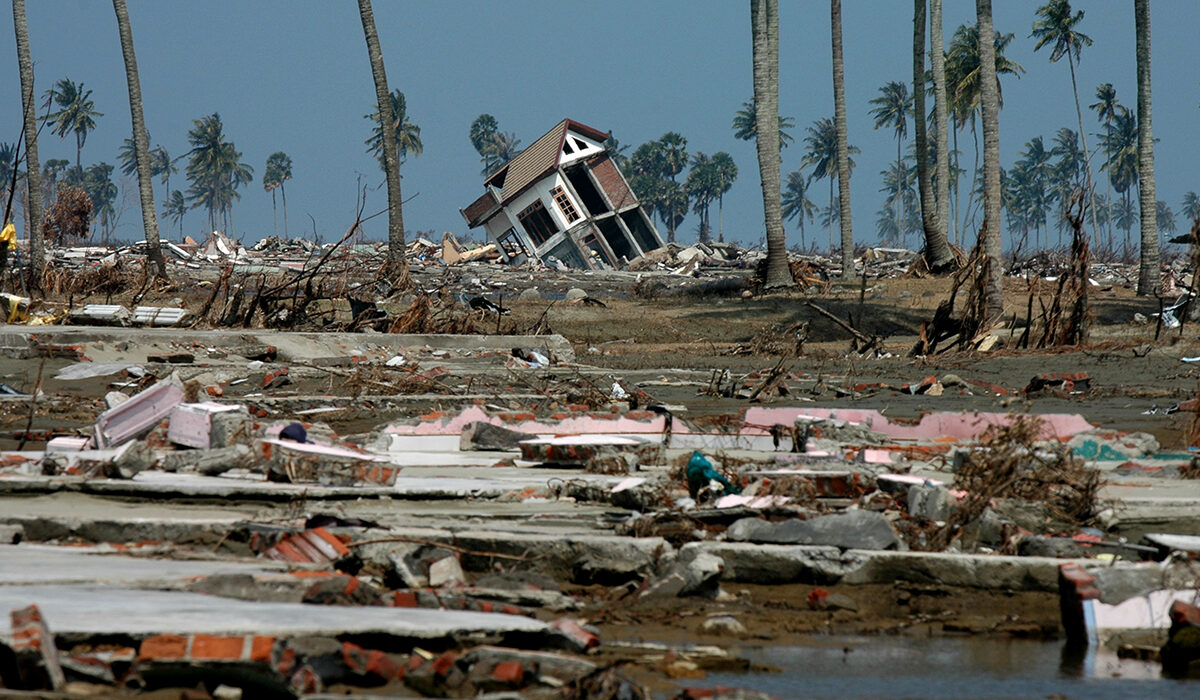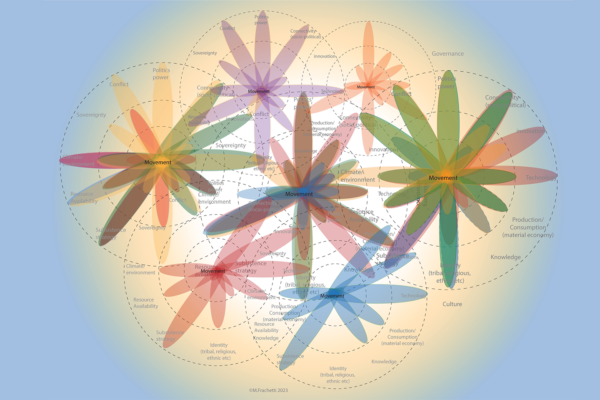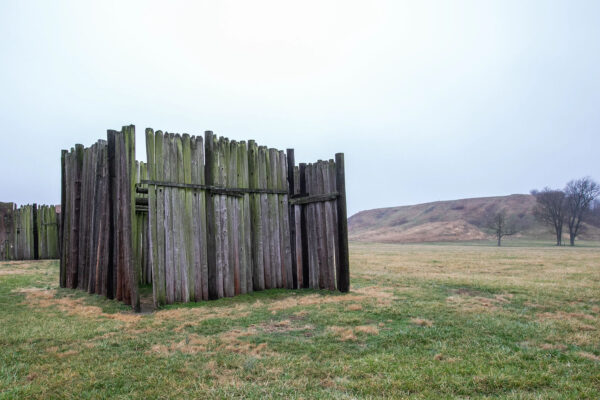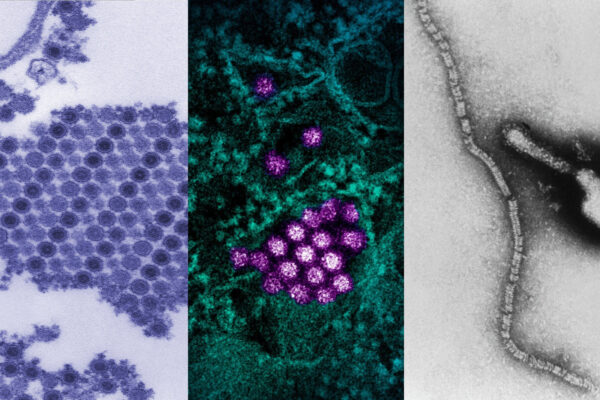On Dec. 26, 2004, an earthquake off the coast of Sumatra, Indonesia, triggered a massive tsunami that killed more than 200,000 people and caused unprecedented destruction in communities along the surrounding coasts of the Indian Ocean. Sadly, the disaster was just one of many natural and human-made disruptions that have rocked the region in recent years, causing concern about the vulnerability of the region’s ecological, economic and socio-political systems.
Washington University in St. Louis has received a three-year $2.4 million grant from the U.S. Department of Defense to study societal resilience — how a society recovers from major shocks like the tsunami in Indonesia — in the Asia-Pacific region.
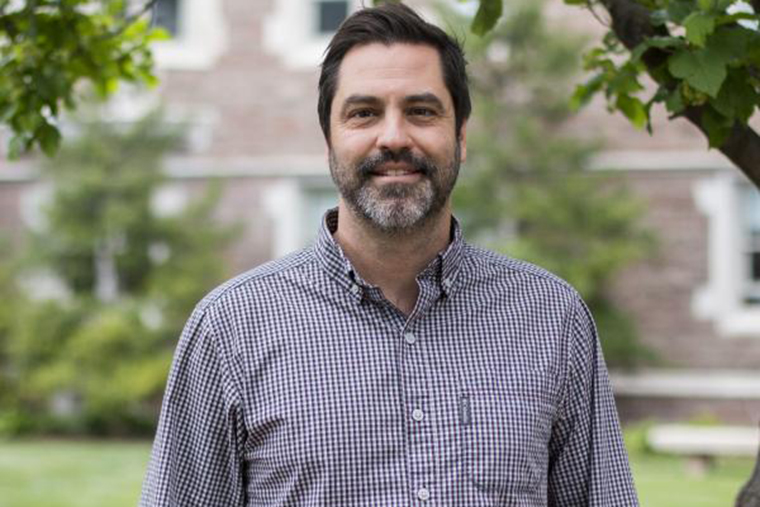
The research will be conducted by a diverse interdisciplinary team of researchers — including climatologists, geospatial analysts, historians, archaeologists, anthropologists, economists and social work experts at WashU’s Brown School — led by Michael Frachetti, a professor of archaeology in Arts & Sciences at WashU.
The grant is part of the Defense Department’s Minerva Research Initiative, which supports basic research in social and behavioral sciences on topics relevant to U.S. national security. Altogether, the Department of Defense awarded $46.8 million in grants to 19 university-based teams.
According to Frachetti, the surge in environmental and social disruption combined with the region’s diverse cultural, economic and political contexts make the Asia-Pacific region particularly vulnerable. Understanding societal resilience in the face of these challenges is crucial for both humanitarian and security reasons, he said.
The team will start by assessing the frequency of stand-alone, subsequent and concurrent shocks in the region. They also will conduct in-depth case studies to better understand how different communities responded to real threats — including war, natural disasters, economic crisis and more — and which factors contributed to their short- and long-term vulnerability or resiliency. The 2004 tsunami in Indonesia is one of the case studies they plan to analyze.
Ultimately, they aim to translate their findings into actionable strategies to build a more resilient future in the Asia-Pacific region and beyond.
“One of the major components of our study will be the inclusion of locals’ viewpoints and knowledge to inform our understanding of societal resilience in the Asia-Pacific region,” Frachetti said.
“A huge portion of our work will be traveling to these regions and operating workshops where we learn from the local populations who lived through these events. Rather than going there and telling them what happened, we want to know what they think worked, what didn’t and what to prioritize in the future.”
The grant also will enable the team to host three academic conferences focused on societal resilience at WashU.
“In many ways, this grant is perfectly aligned with WashU’s current priorities, including prioritizing interdisciplinary work, digital transformation and social impact,” Frachetti said.
“My co-PIs and I are excited about the incredible team of experts we’ve engaged to work on this project. We believe this collaboration will provide interesting new perspectives on the region.”
The project’s co-principal investigators are Patrick Daly, at the Earth Observatory of Singapore/Nanyang Technological University, and Ezra Zubrow, at the State University of New York at Buffalo.
